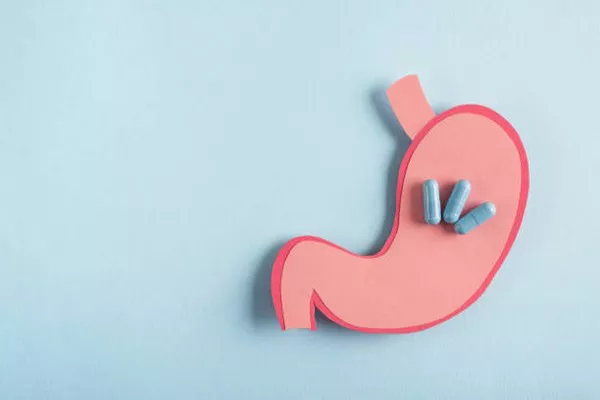Dropping a few pounds after hiatal hernia surgery is quite common. Here’s what you need to know about the procedure and its effects on weight.
Understanding Hiatal Hernia and Surgery
What is a Hiatal Hernia?
A hiatal hernia occurs when a part of the stomach pushes up through the diaphragm into the chest cavity. It affects about 15% to 20% of the general population, with a higher prevalence in individuals over 50. The condition can cause symptoms like acid reflux, heartburn, and abdominal pain. When these symptoms are severe and unresponsive to medication or lifestyle changes, surgery may be necessary.
Types of Hiatal Hernia Surgery
Hiatal hernia surgery can be performed either openly or laparoscopically. The surgery involves:
Reducing the Hernia: The surgeon lowers the stomach back into place.
Repairing the Hiatus: The opening in the diaphragm is repaired with stitches or mesh.
Fundoplication (if needed): The upper stomach is wrapped around the esophagus to prevent reflux.
Post-surgery, recovery and diet play significant roles in weight management.
Why Weight Loss Occurs After Surgery
Post-Surgery Diet
Immediately following surgery, patients are placed on a liquid diet to minimize strain on the surgical site. As the recovery progresses, the diet gradually includes soft, then more textured foods. This restricted diet can lead to unintentional weight loss.
Reduced Appetite and Smaller Stomach Capacity
Temporary difficulty swallowing and a reduced appetite contribute to lower calorie intake. Additionally, the stomach’s reduced capacity post-surgery means patients often feel full more quickly, leading to less food consumption and potential weight loss.
Typical Weight Loss
Amount of Weight Loss
Most patients experience a weight loss of about 5 to 10 pounds following hiatal hernia surgery. Those significantly overweight before the surgery may lose more. If weight loss exceeds this range, it might indicate complications or issues with recovery.
Tips for a Successful Recovery
1. Follow Dietary Recommendations
Strict adherence to post-surgery dietary guidelines is crucial. This not only supports healing but also helps manage weight loss. For more details, refer to typical recovery diets from health services like the NHS.
2. Stay Hydrated
Proper hydration aids in recovery and helps with nutrient delivery and digestive health.
3. Avoid Alcohol
Alcohol can irritate the GI tract and hinder healing. It’s best to avoid it until fully recovered.
4. Engage in Gentle Movement
Walking helps reduce the risk of blood clots and supports bowel function post-anesthesia. Start light movements as directed by your doctor and avoid strenuous activities until cleared.
5. Be Patient
Full recovery typically takes 10 to 12 weeks. Following recovery guidelines is essential for proper healing and weight management.
When to Consult Your Doctor
If you experience severe abdominal pain, fever, breathing issues, or gastrointestinal distress, seek medical attention. Rapid weight loss or gain may also indicate complications or issues with recovery, so it’s important to consult your healthcare provider if these occur.
In summary, some weight loss after hiatal hernia surgery is normal due to dietary restrictions and changes in stomach capacity. Adhering to post-surgery guidelines will help manage weight and ensure a smoother recovery.


